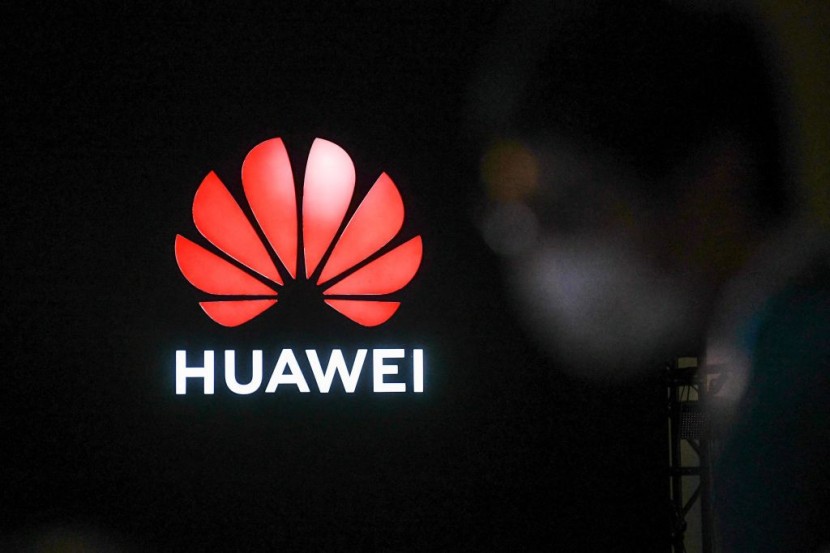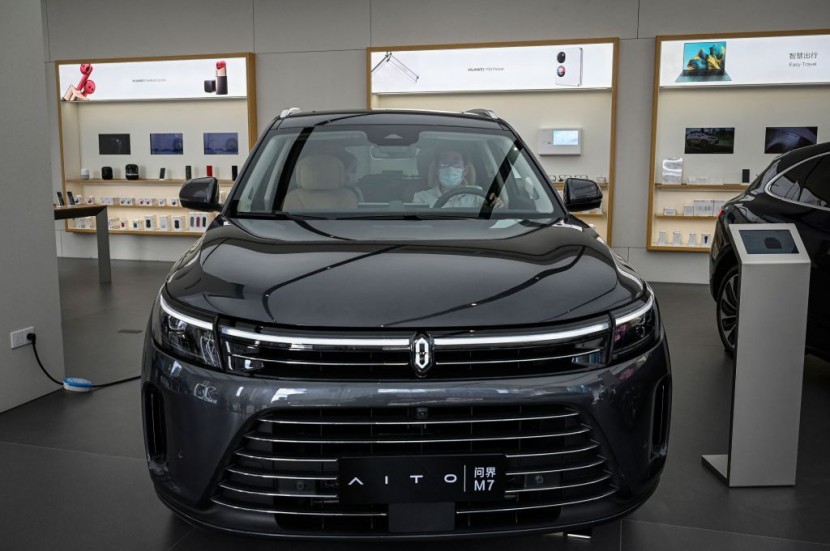Huawei stores in Shanghai and Shenzhen, China, include an electric sport utility vehicle that retails for 250,000 yuan ($34,300). This is in addition to the normal selection of smartphones, laptops, and tablets.
After facing US-China trade tensions, being denied access to sophisticated semiconductors, and having its 5G network equipment banned in numerous Western nations for national security reasons, the Chinese tech giant is diversifying with electric vehicles (EVs).
Huawei has said that it does not want to enter the automobile manufacturing business but rather intends to focus on becoming an auto supplier in areas like car operating systems and assisted driving. Both of those aspects are expected to see significant development as automobiles become more technologically advanced.

More EVs With Huawei Tech
There are now five automakers that Huawei has worked with to produce EVs, as per a report by Bloomberg. In only 50 days after its release, the Aito M7 SUV, developed in collaboration with Seres, saw an incredible 80,000 pre-orders. The Avatr 12 luxury coupe from Chongqing Changan Automobile and the Luxeed S7 sedan from Chery Automobile, both EVs, just debuted last week. Both include technology developed by Huawei.
All of these businesses advertise high-tech, Huawei-supported driver aids like automatic high beams and a smart dashboard that responds to voice commands.
The strong relationship between Aito and Huawei has paid off for the automaker, as Huawei now features Aito vehicles in its retail outlets. Huawei's newest Mate 60 smartphone, which has Chinese-made 5G technology, is a popular choice among Chinese customers looking to display their national pride via their purchasing habits.
According to Intralink's director of automotive and supply chain consulting, "Aito's popularity is probably 50% nationalism and 50% pretty good tech."
If the brand can keep up its early success in a market with over a hundred rivals and hundreds of different models, it remains to be seen.
Similar benefits are expected for Avatr as a result of its partnership with Huawei. With just 12,000 car registrations in the 12 months ending September, the brand ranks low among Chinese EV manufacturers, according to the China Automotive Technology and Research Center. With its 29 sensors and 11 high-definition cameras, Huawei's ADS 2.0 intelligent driving system is included in the Avatr 12.

See Also : Hyundai's Supernal Begins Research Into First-Ever Flying Electric Taxis Designed for Commercial Use
Concerns About Reliability
Other companies in China's EV industry feel threatened by Huawei's success with Aito, which has led them to doubt the vehicle's dependability.
For instance, only last week, Bloomberg said Xpeng's founder He Xiaopeng questioned if Aito's self-driving emergency braking system is ready to roll out throughout the nation since the company has been incurring larger-than-expected losses as it attempts to boost sales.
© 2026 HNGN, All rights reserved. Do not reproduce without permission.







